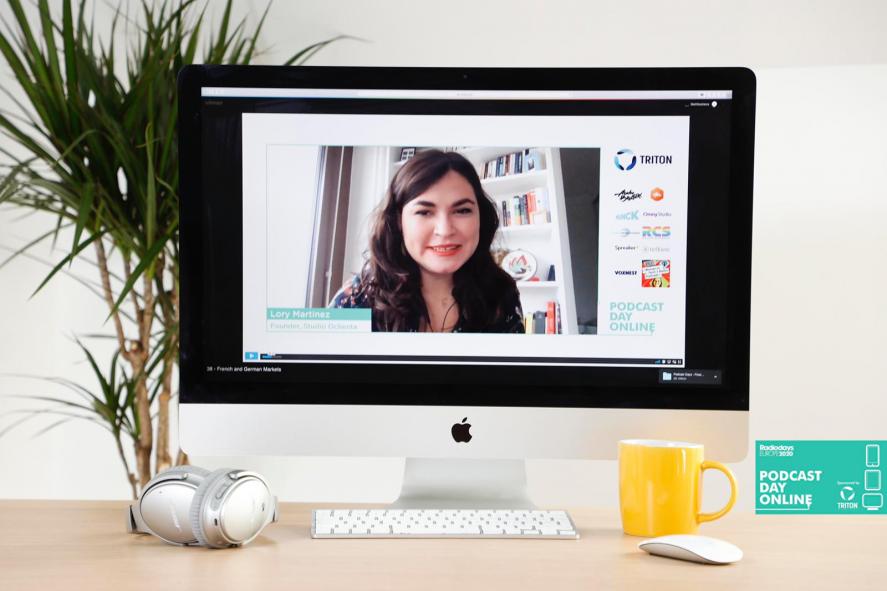How do you internationalise your podcast while raising your voice across cultures?
All other media tended in the past to by hyper local, now however this is changing. Now companies are looking at ways to expand worldwide.
Whether you want to dub, use subtitles, transcribe or adapt your podcast there is a way to do all of these things to match any budget. Also when considering subtitles you’re opening up your podcasts to specialist groups including the deaf and people with ADHD. It also opens the podcast to non English speakers. Understanding markets, which take into account the differences in these markets make adapted stories work well, as does working with local partners to do this.
She gave examples of companies going down this high end/high cost route. Lory also gave an example of how to do this with an Indie budge similar to the way they created Ochenta stories which crowd surfed stories from around the world, which included transcripts for the podcasts. This wasn’t adapted podcasts but “adapted the experience of the listener”.Youtube is also a useful resource so it was a way to see the podcast.
Companies are also now using podcasts to communicate with their customers. In this space the podcast creator has to think locally but produce the podcast for an international audience. Looking at where a podcast is trending worldwide can also drive the interaction with audiences and how you develop content for markets in the podcast (or on social) you may not have intended the podcast to appeal to but it does.
The question of community is also of interest for podcasters, Facebook groups are good for this but not just in one market, in multiple markets. Cross collaborations can increase awareness.
“Look at the potential of your show and don’t close yourself off to the small audience you have be open to the rest of it”.
